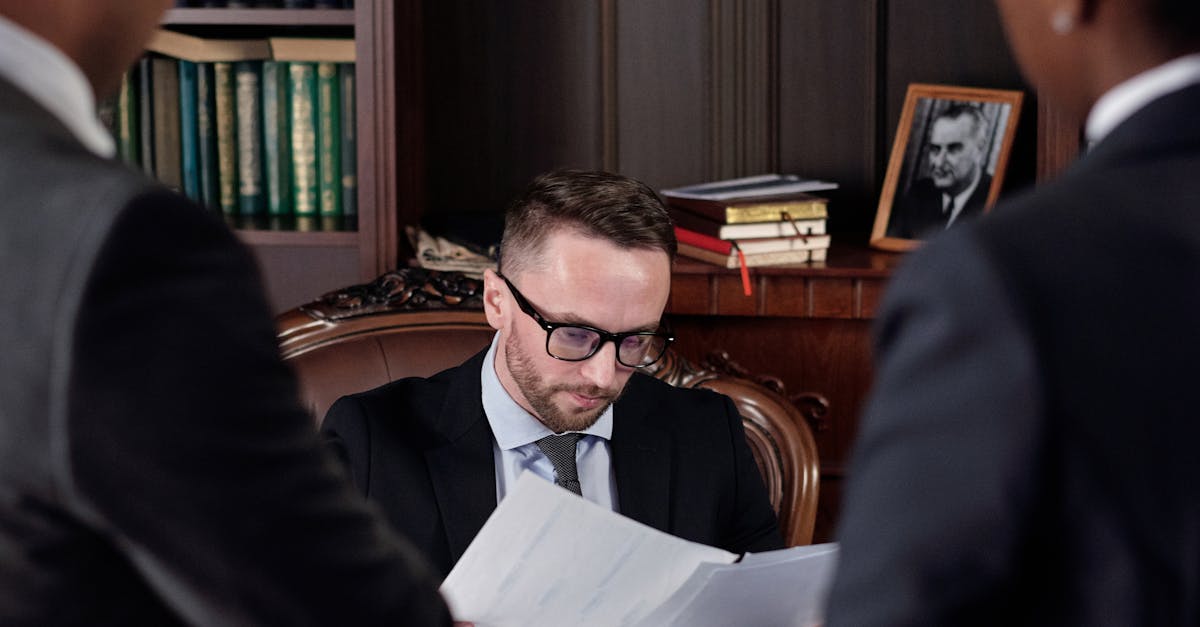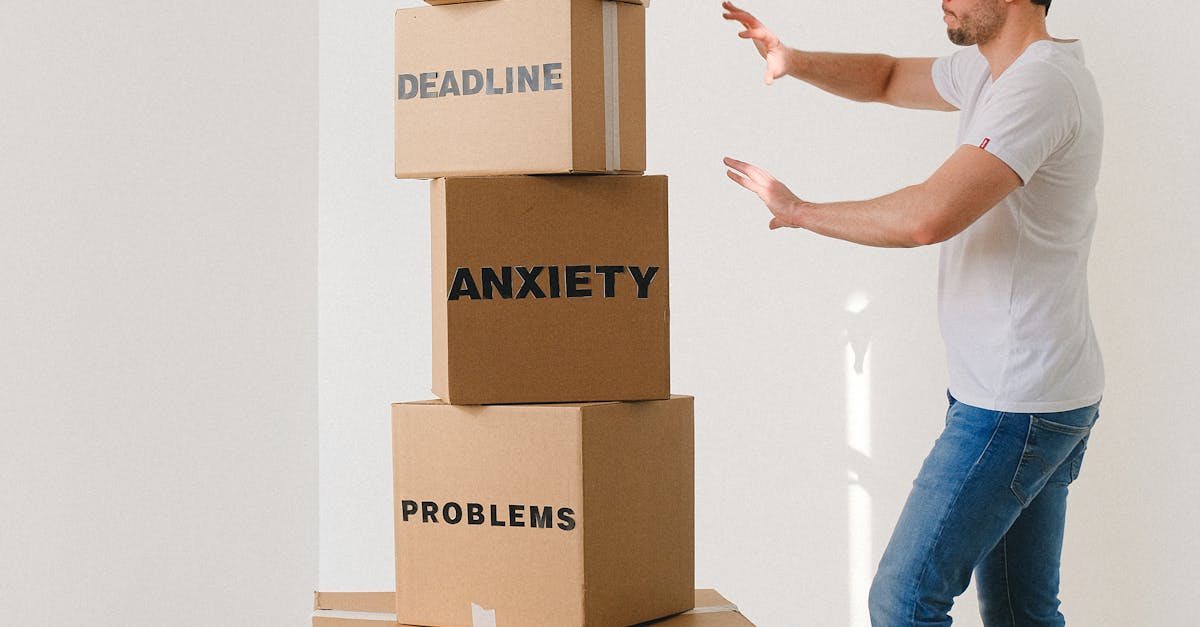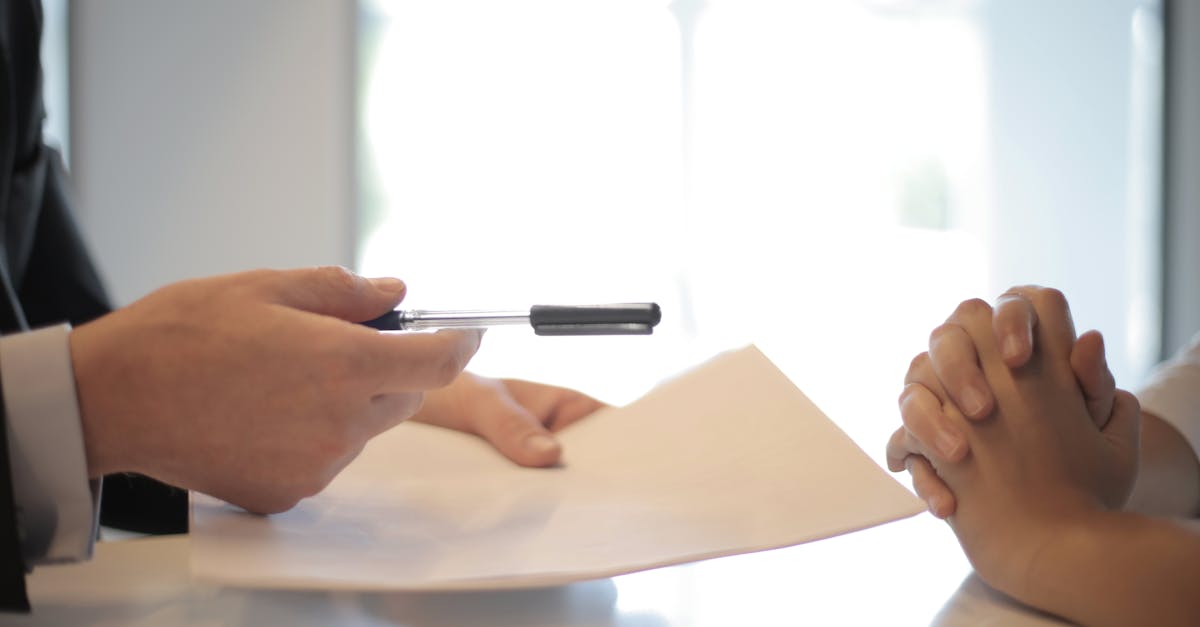
Domain Name Infringement
Domain name infringement occurs when an individual or entity uses a domain name that is confusingly similar to an existing trademark, leading to potential consumer confusion. This can lead to the dilution of the original brand's distinctiveness and reputation. Advising on intellectual property rights in the context of domain name infringement involves taking legal action to protect the trademark owner's rights and seek remedies for the unauthorized use of their intellectual property.
In the ever-evolving landscape of e-commerce and online presence, unauthorized use of trademarked names in domain names has become increasingly prevalent. This practice not only violates intellectual property rights but also undermines the trust and credibility associated with the original brand. Advising on intellectual property rights in cases of unauthorized use of trademarked names in online domains entails navigating legal avenues to enforce trademark rights and safeguard the brand's integrity and market position.
Unauthorized Use of Trademarked Names in Online Domains
Unauthorized use of trademarked names in online domains is a significant issue in the realm of intellectual property rights. This violation occurs when individuals or organizations exploit well-established brands by including trademarked names in their domain names without the proper authorization. Such unauthorized use not only confuses consumers, but it also dilutes the distinctiveness of the original trademarked name, causing financial harm to the rightful owner.
Advising on intellectual property rights to prevent the unauthorized use of trademarked names in online domains is crucial. Companies and individuals should conduct thorough research to ensure that the domain name they use does not infringe on any existing trademarks. Moreover, obtaining permission or licensing agreements from the trademark owner before incorporating their name into a domain can help mitigate the risk of legal repercussions and safeguard the integrity of intellectual property rights.
Plagiarism
Plagiarism is a serious violation of intellectual property rights that involves the unauthorized copying of original content created by someone else. It can occur in various forms, such as directly copying text, images, or ideas without giving proper credit to the original creator. Plagiarism undermines the efforts of individuals who have invested time and creativity into producing original work, and it can lead to legal consequences for those who engage in such practices. Advising on intellectual property rights is crucial in helping individuals and organizations understand the importance of respecting others' creative work and avoiding plagiarism.
In the digital age, plagiarism has become more prevalent due to the ease of access to vast amounts of information online. With just a few clicks, individuals can easily copy and paste content from websites, articles, or online sources without acknowledging the original authors. This not only violates intellectual property rights but also diminishes the quality of work produced by those who rely on such unethical practices. Advising on intellectual property rights is essential in promoting a culture of integrity and accountability, where originality and creativity are valued and protected.
Unauthorized Copying of Original Content
Unauthorized copying of original content is a serious violation of intellectual property rights that can lead to legal repercussions. It occurs when individuals or entities reproduce, distribute, display, or perform copyrighted work without obtaining permission from the original creator or copyright holder. This infringement undermines the efforts of content creators and deprives them of the recognition and financial benefits they deserve for their work. Advising on intellectual property rights is crucial in educating individuals about the importance of respecting and upholding copyright laws to prevent unauthorized copying and protect creators' rights.
Furthermore, unauthorized copying of original content not only harms creators but also poses ethical challenges in the digital age. With the ease of sharing information online, the lines between original and copied work can blur, leading to widespread plagiarism and content theft. It is essential for individuals and organizations to understand the boundaries of copyright protection and to seek legal advice when in doubt about using or sharing copyrighted material. Advising on intellectual property rights can help in navigating these complexities and ensuring that content is used in a lawful and ethical manner.
Licensing Violations
Licensing violations present a significant breach of intellectual property rights, often resulting in legal consequences for the parties involved. When individuals or organizations fail to adhere to the terms specified in intellectual property license agreements, they run the risk of facing lawsuits and hefty fines. Advising on intellectual property rights is crucial to ensure that all parties involved understand and comply with the terms outlined in the license agreements. Failure to respect these terms can lead to disputes, tarnished reputations, and financial liabilities.
In cases of licensing violations, it is imperative to seek legal counsel to navigate the complexities of intellectual property laws and agreements. By proactively addressing potential licensing violations and seeking resolutions through legal channels, individuals and companies can safeguard their intellectual property rights and maintain business integrity. Advising on intellectual property rights can help to prevent costly disputes and protect the creative works and innovations that are the foundation of many businesses.
Breach of Terms in Intellectual Property License Agreements
Breach of terms in intellectual property license agreements is a serious violation that can result in legal consequences for the parties involved. When individuals or entities fail to comply with the terms outlined in a license agreement, they are essentially infringing on the intellectual property rights of the licensor. This breach can occur when the licensee utilizes the licensed property in a manner not permitted by the agreement, such as exceeding the scope of use or failing to give proper attribution.
Advising on intellectual property rights is crucial to prevent breaches in license agreements. By seeking legal guidance and ensuring that all parties involved fully understand the terms and conditions of the agreement, potential violations can be avoided. It is essential for both licensors and licensees to be diligent in upholding their responsibilities outlined in the license agreement to maintain a fair and lawful intellectual property system.
FAQS
What is domain name infringement?
Domain name infringement occurs when someone uses a domain name that is identical or confusingly similar to a trademarked name, leading to potential confusion among consumers.
How can unauthorized use of trademarked names in online domains violate intellectual property rights?
Unauthorized use of trademarked names in online domains can violate intellectual property rights by misleading consumers and diluting the value of the original trademark.
What is plagiarism in the context of intellectual property rights?
Plagiarism refers to the unauthorized copying or imitation of someone else's work, whether it be written content, artwork, or other creative expressions, without permission.
How does unauthorized copying of original content violate intellectual property rights?
Unauthorized copying of original content violates intellectual property rights by infringing on the creator's exclusive rights to reproduce, distribute, and publicly display their work.
What are licensing violations in terms of intellectual property?
Licensing violations occur when a party breaches the terms of an intellectual property license agreement, such as using the licensed property beyond the agreed-upon scope or timeframe.







